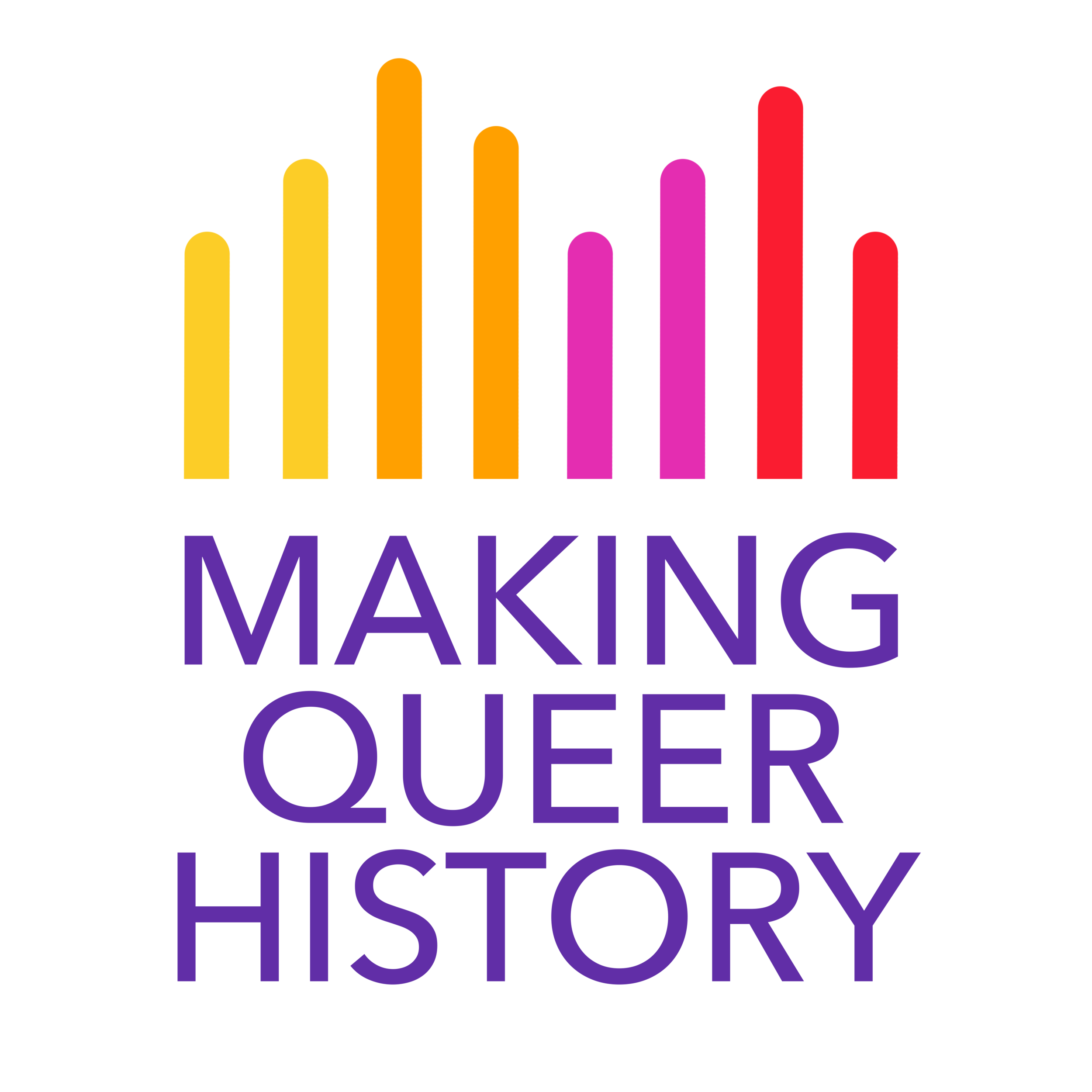Believe it or not, there were some happy queer news stories in 2020. There were also plenty of struggles and injustice. In addition to our yearly recap, we’ve included 20 ways to help combat issues queer folks are facing around the globe.
Making Queer History has a vague title because it has a rather vague purpose. We are not alone in our aim to tell the queer community’s history. What defines us is our focus not only on the past, but toward the future.

